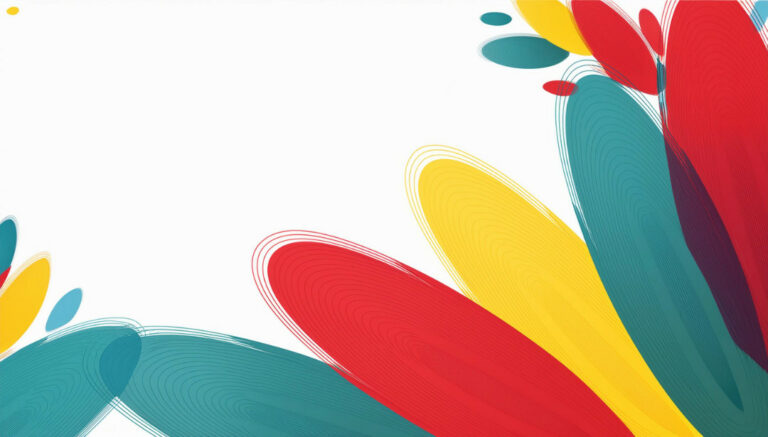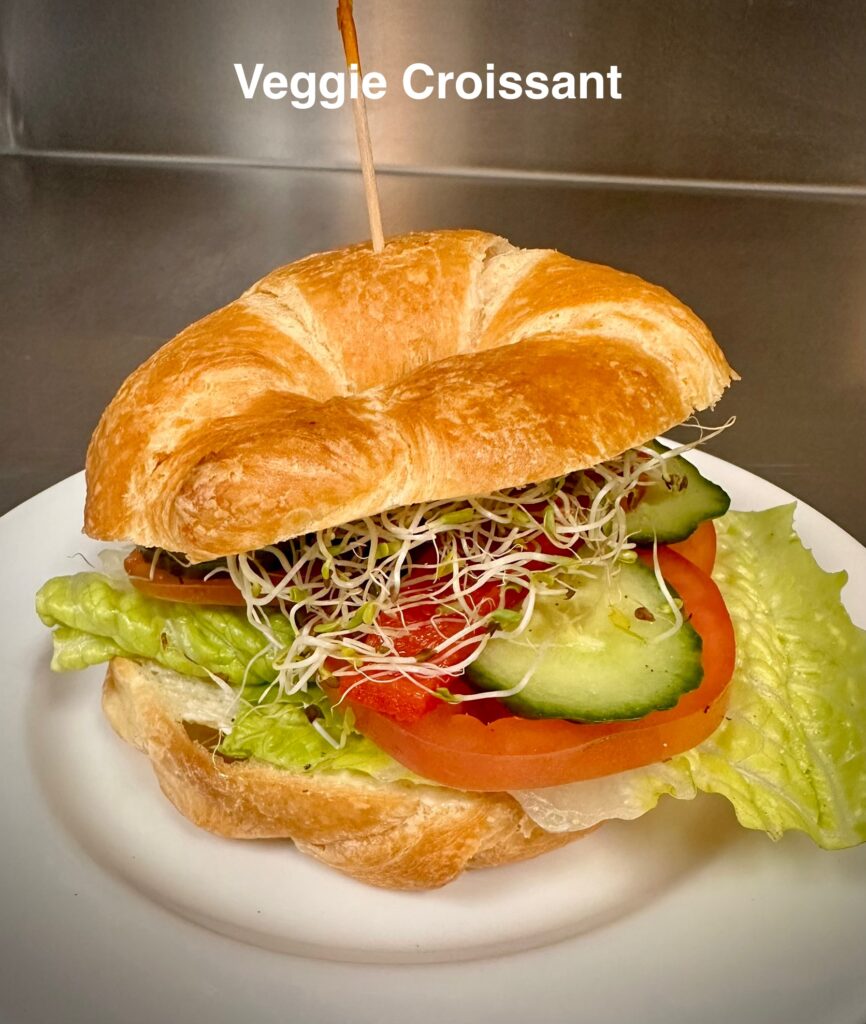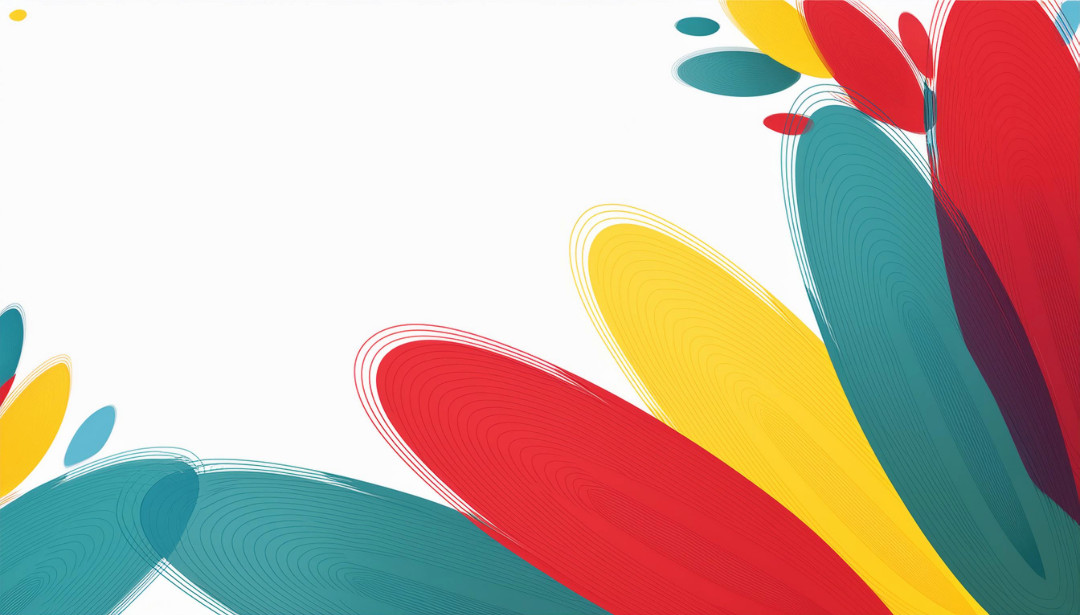Blog
The Moon is our Mulligan
I first want to say that today, October 1, 2021, is the International Day of Older Persons as declared by the United Nations. This Blog is about how you can participate and make a difference. Impossible, you say. Well, please read on.
I know that in the game of golf, there is a thing called a ‘mulligan.’ Essentially, it means you get a do-over when things go awry. Some golfers tend to reference it for every lousy shot or putt. Usually, it is reserved for exceptional exceptions such as a loud sound, bang or explosion that interferes with your smooth swing or putt.
So how could the Moon be our mulligan? I’m glad you asked.
There is a strong interest around the world to have people living and working on the Moon. Some scientists think there could be ice on the Moon equal to the water in Lake Erie. Companies are building and testing all sorts of robotics for use on the Moon. Many of the Moon’s resources could be concentrated near the poles.
The mulligan I referred to is the chance to have a do-over. We have an opportunity to not duplicate how we arrange ourselves on earth but create a different style of relations with others that would be better.
A quick example would be access to water. Should the first nation to land on the Moon stake out territory around all the water/ice supplies, then fortify it to ‘protect’ it from others?
We humans already have some governing moon rules, as noted in a recent Ted Talk I viewed.
“Signed in 1967, the Outer Space Treaty is the defining treaty governing activities in outer space, including the Moon. And it has two key ingredients that radically alter the basis on which laws can be constructed. The first is a requirement for free access to all areas of a celestial body. And the second is that the Moon and other celestial bodies are not subject to national appropriation.”
That alone gives me hope as an agreed ideal, yet still a long way from reality and implementation.
The United Nations Convention on The Law of the Sea gives further hope. It introduced the idea that the oceans and their resources were the “common heritage of mankind.”
As older adults, we have the life experience to contribute to this discussion. Using the Moon as a new template, we can think boldly. Maybe, just maybe, those ideas could germinate back on earth.
So please give this a bit of a think. There are parts of the Moon that have more sunlight than others because they sit at the top of craters to receive almost constant sunlight, thus energy. Can any landing be allowed anywhere? What process would you suggest to determine where future landings should occur?
By just thinking about this you are contributing. It’s on your radar. Now, what else could you do?
I’m curious about your thoughts. Please leave your comment.
If you enjoyed The Blog, please share it with others. Thanks.
And my thanks to St. Albert Seniors Association: 780-459-0433 for making this Blog possible.
Photo by David Dibert on Unsplash

Volunteer Blogger










Just like the early explorers to North America laid claim to the land they “discovered “ by naming it I think the first landing on the moon should be the rightful space for that country. Honestly though, how appealing would wearing a helmet be for taking a walk outside be when already mask wearing is uncomfortable? Working inside a space station for months on end?Who would want to give that up for fresh air? Sorry Glenn, got off on a tangent with the question.
Two broad concepts on earth about land and resources ‘ownership/rights’ lead with might is right and first is right. An approach of ‘owning’ land and resources for future generations of mankind is hard to get my head around but worth the effort. The moon gives us a great chance to try.